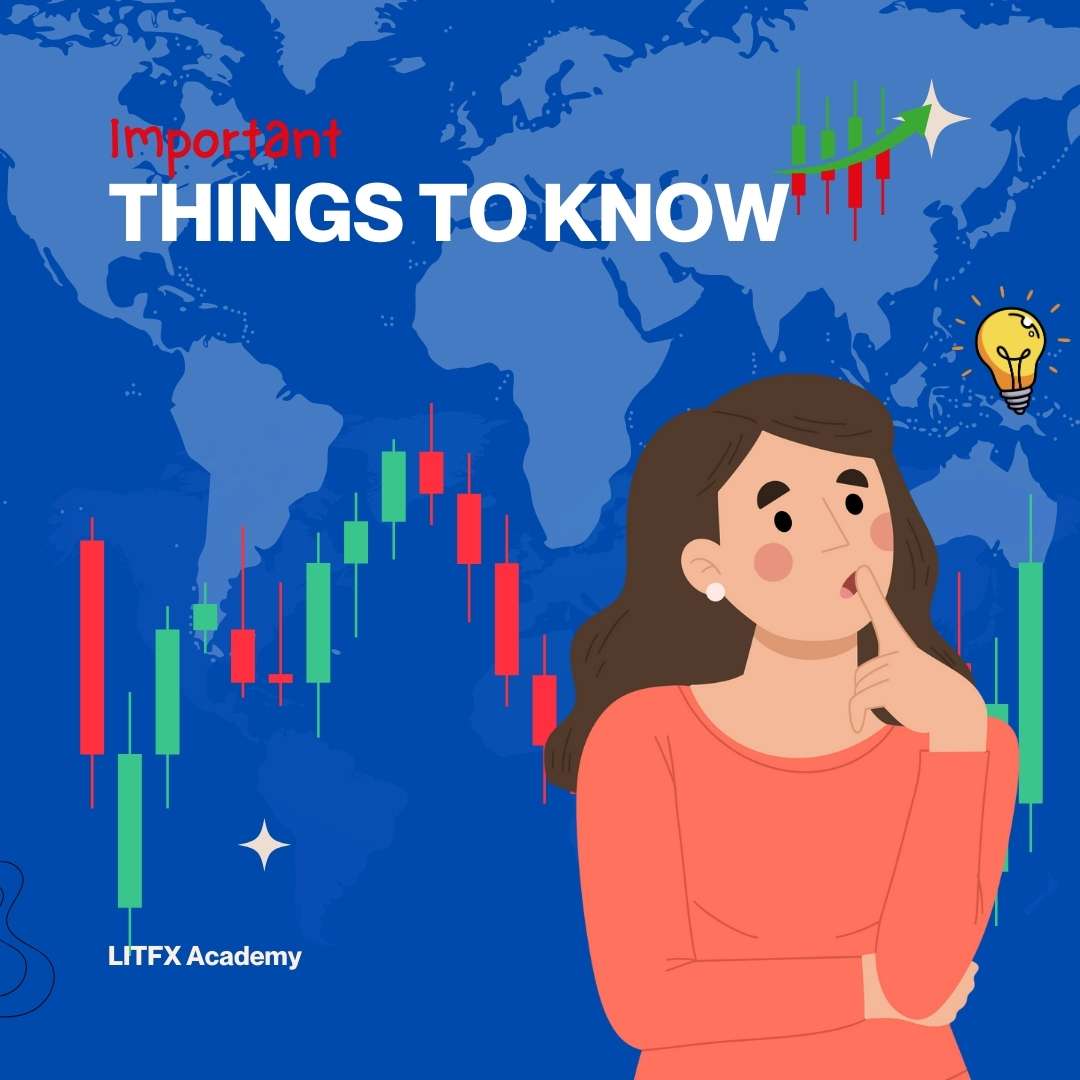24/5 trading means you can trade any time, 24 hours a day, five days a week. It starts on Sunday evening and ends on Friday evening. During these days, traders all over the world can buy and sell in global financial markets, especially in forex (foreign exchange).
Unlike regular stock markets that open and close at fixed hours, 24/5 trading keeps going around the clock. But it takes a break on the weekend. That's why it's called 24/5, not 24/7.
In simple words, it's like a shop that stays open all day and night, Monday through Friday. This makes it easier for people in different time zones to trade when it's convenient for them.
The world is big, and different countries are in different time zones. When the trading day ends in one part of the world, it begins in another. This cycle allows the forex market to keep running non-stop during weekdays.
For example:
- When New York closes, Sydney opens.
- After Sydney, Tokyo starts trading.
- Then London joins in.
- Finally, New York opens again.
This global loop creates a flow that keeps the market moving. People can trade at any time because someone, somewhere is always active in the market.
The idea behind 24/5 trading is to give access and freedom. Traders don’t have to wait for a bell to ring or a market to open. Instead, they can choose the best time that works for them.
The most common things traded on a 24/5 schedule are foreign currencies. This is a huge market called "Forex" (short for foreign exchange). Think about it like a big money-swapping machine. You can trade your U.S. dollars for Canadian dollars, British pounds for Japanese yen, and so on. The goal is to guess which currency will get stronger and which will get weaker. If you guess right, you can make a profit when you trade back.
Besides currencies, there are other things that you can trade on a 24/5 basis. Some big things, like gold or oil, which are called "commodities," can also be traded around the clock on weekdays.
But it’s important to know that regular company stocks like Apple or Google usually follow stock market hours. They’re not open 24/5.
Also, cryptocurrencies are different. They can be traded 24/7. That means even on weekends. But in this guide, we’re focusing on 24/5 markets like forex.

To start trading, you need an account with a broker. This is a company that gives you access to the market through a trading platform. These platforms work on computers, tablets, or phones.
Once you log in, you’ll see real-time prices. You can choose what to trade, when to buy, and when to sell.
The basic idea is:
- Buy low, sell high to make a profit.
- Or sell high, buy low if you think prices will go down.
The price of a currency pair or asset changes all the time. It moves based on supply and demand, news events, and economic changes.
Even though the market is open all day, you don’t have to trade all the time. In fact, it’s smarter to trade only during the best times.
We have discussed in detail the major
trading sessions and the best times to trade in our guide, so don’t miss out on reading it.
During the weekend, most major markets are closed. This means no trading from Friday evening to Sunday night. But prices can still change because of global events.
Sometimes, when markets open again on Sunday, there’s a big jump in prices. This is called a gap. Traders need to be careful because unexpected changes can happen.

This all sounds exciting, but there are some important things to remember. Just because you can trade all day and night doesn't mean you should.
Prices can change fast. It's like a rollercoaster. You need to be ready for the ups and downs. Never, ever trade with money you need for important things, like a new bike or a family trip. It's better to start with a very small amount and only use money you're okay with losing.
Just jumping in and buying something because it looks cool is not a good idea. You should have a plan for what you want to buy, when you want to buy it, and when you want to sell it. A good plan helps you stay calm when prices are changing quickly.
During the normal trading hours in a major country, a lot of people are trading. This makes the market "liquid," which means it’s easy to buy and sell without the price changing too much. But during the middle of the night, not as many people are trading. This can cause prices to be a bit more unpredictable.
Since the markets are open 24/5, you need to pay attention to news from all over the world, not just your own country. A new report from a company in Germany or a change in a law in Japan could affect the prices of things you are trading.
Success in 24/5 trading comes from planning, not reacting. Here are smart habits that help:
- Create a trading schedule: Pick the sessions that work best for you.
- Use alerts: Let your platform notify you when prices reach key levels.
- Use stop-loss orders: This protects your trades from big losses.
- Take breaks: Don’t sit at the screen all day.
- Keep a trade journal: Track what you did, why, and what you learned.




